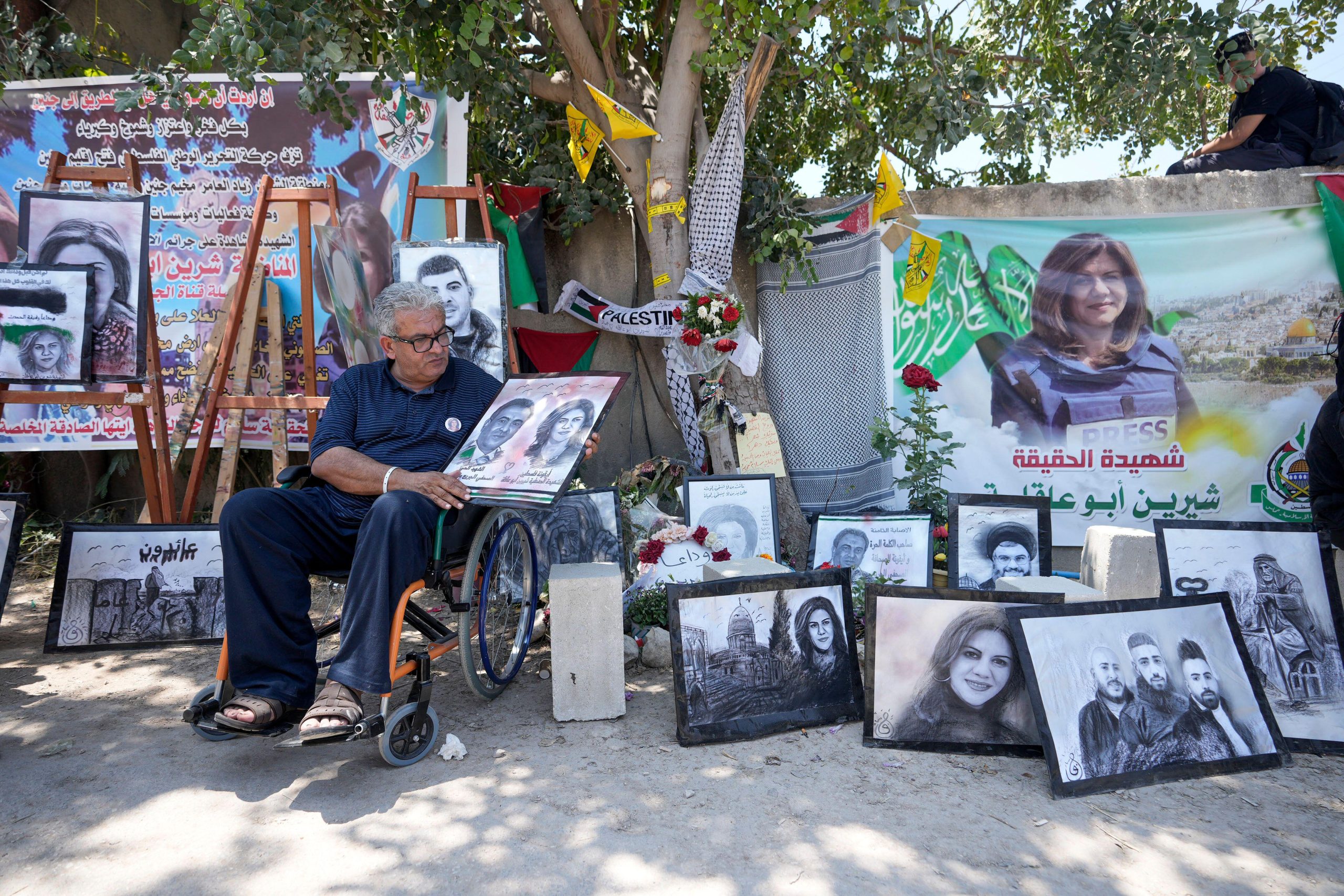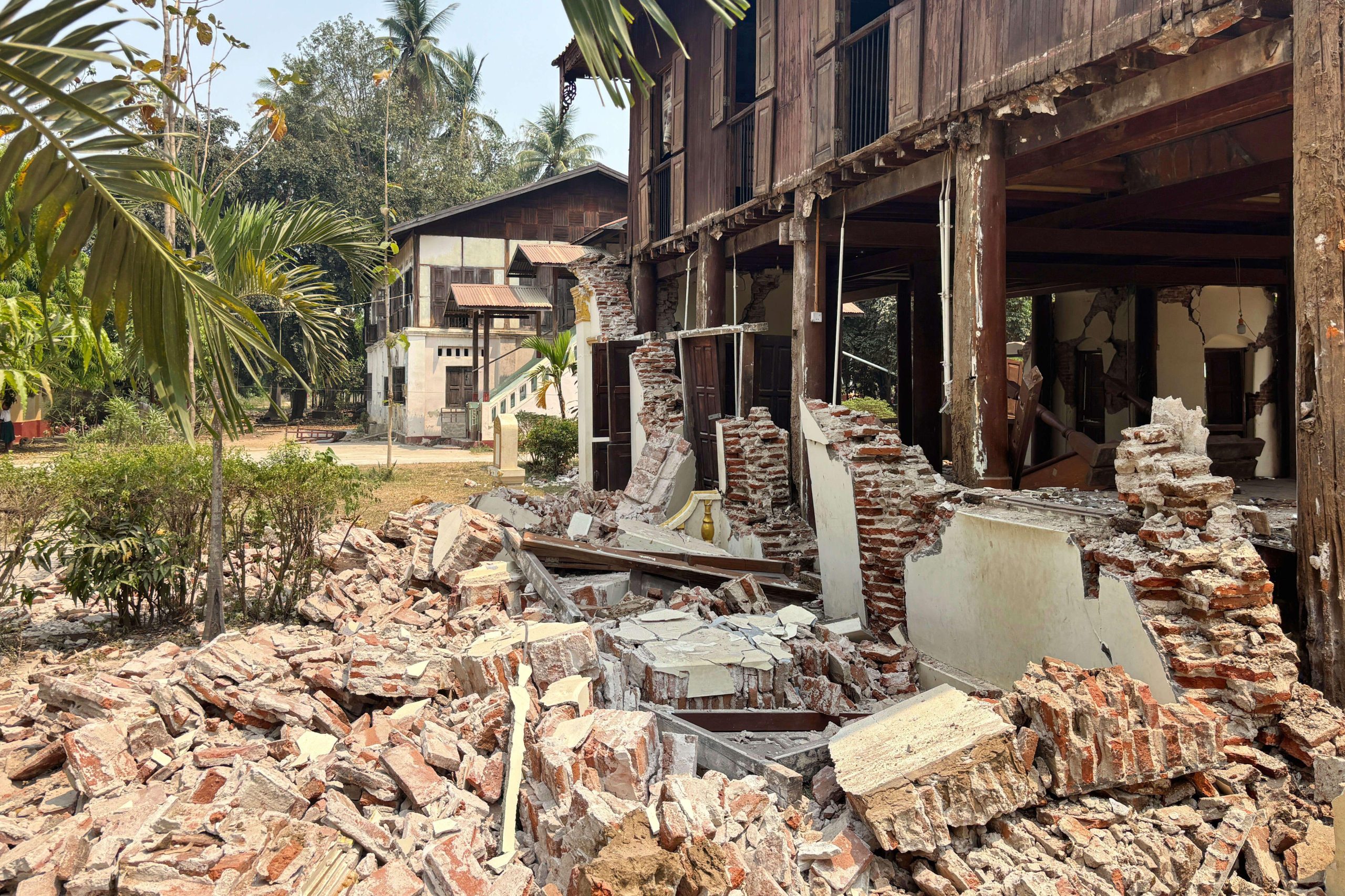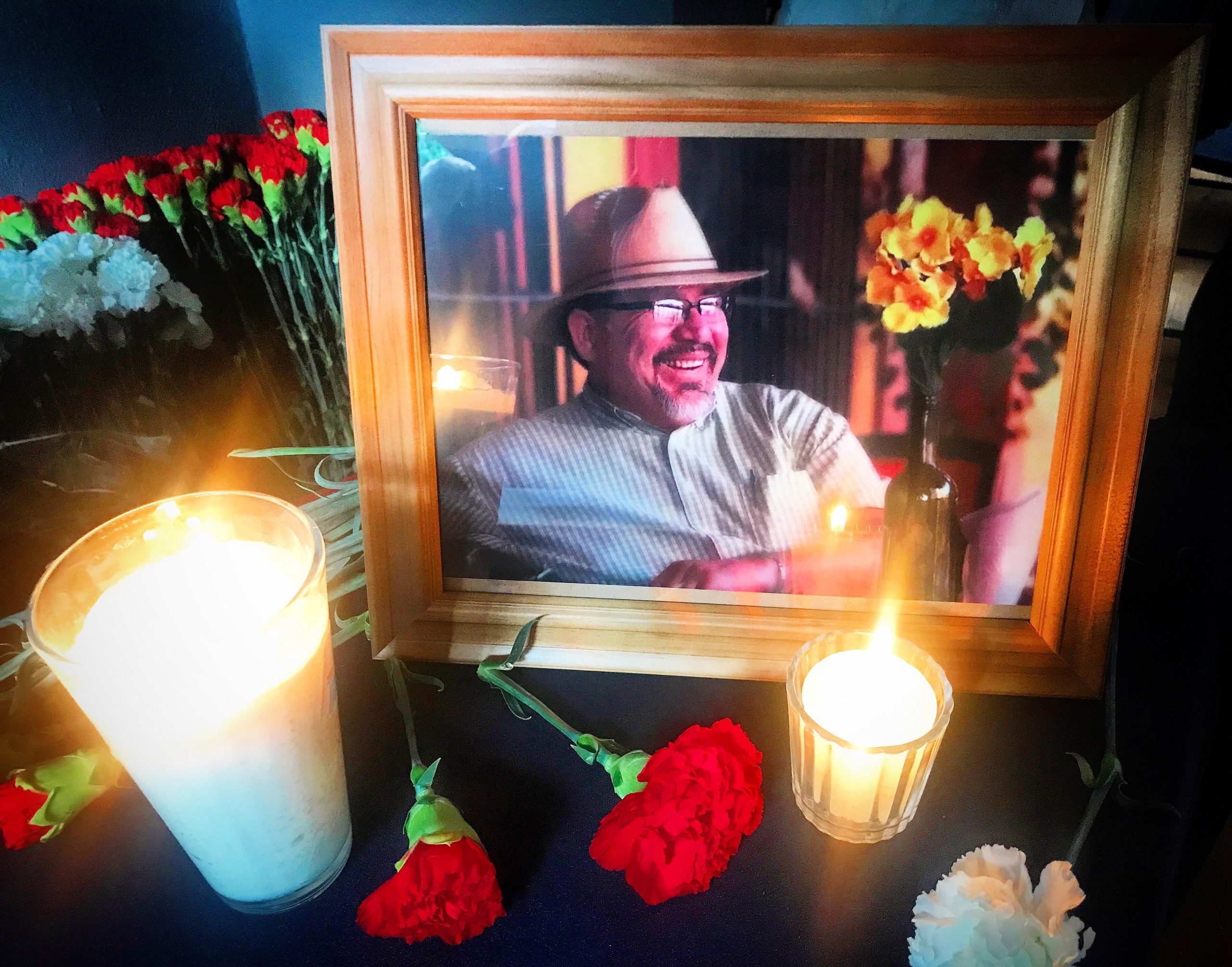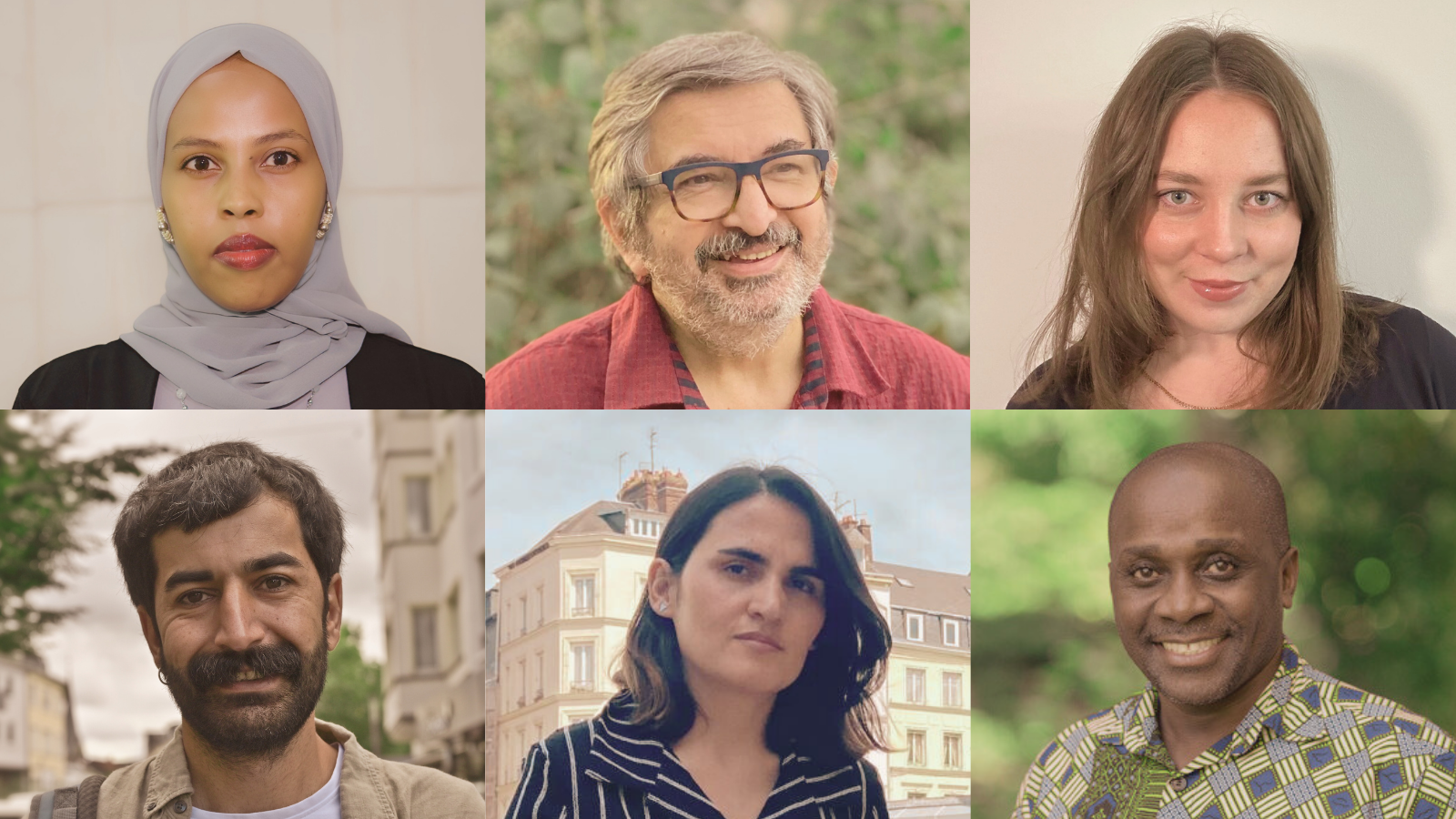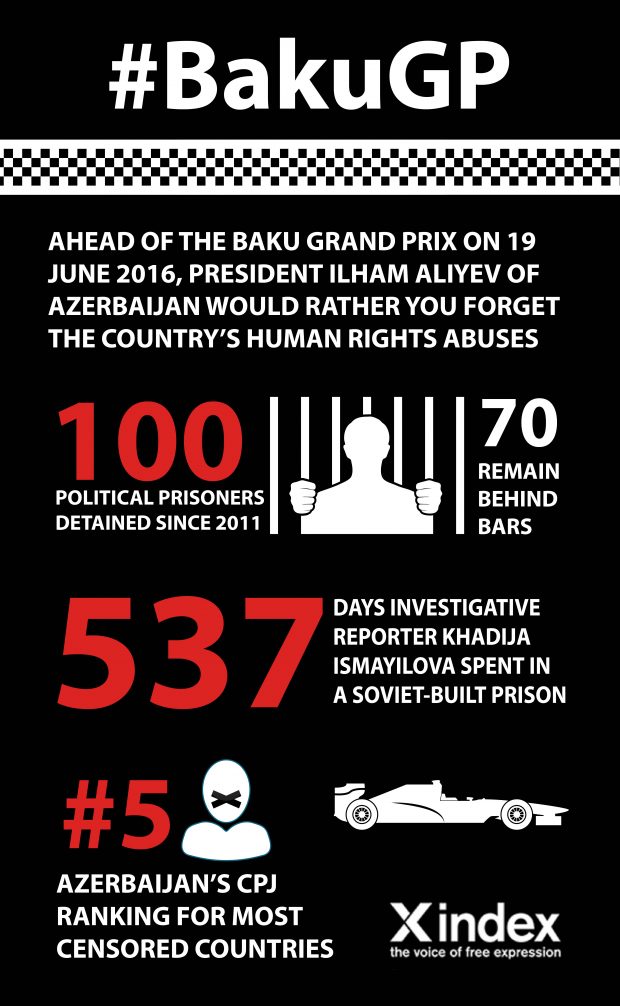
“Having seen the development work in Baku as it’s neared completion over the past few months, it’s clear that the organisers have put a lot of planning and resources into the infrastructure around the circuit, and it promises to be a very significant event in the region.” So said Fernando Alonso, Formula One double World Champion and “Baku Ambassador” ahead of the European Grand Prix on the streets of the city on 19 June.
In his ambassador role, Alonso observed the progress being made on the streets of the Azerbaijani capital during an 8-9 March visit. What he almost certainly didn’t observe was the dire human rights situation in the country that has seen an assault on fundamental freedoms and attempts to silence critical voices.
The reason he wouldn’t have seen such abuses is because the Azerbaijani government has gone to great lengths to make the country appear as law-abiding and democratic in an attempt look legitimate and draw foreign money.
Azerbaijan has previously hosted other significant sports and cultural events — including the inaugural European Olympic Games in 2015 and the Eurovision Song Contest in 2012 — but as son of the country’s sports minister, Aria Rahimov, said, the upcoming Grand Prix is an opportunity “to promote our city from different points: from the touristic point of view, investment”.
There are many things President Ilham Aliyev’s autocratic regime, which has been in power since 2003, would rather we didn’t promote. Here are just three.
His government has:
1) Imprisoned journalists, activists and opposition politicians.
Over 100 political prisoners have been detained since 2011, when during the Arab Spring the country’s rulers feared an uprising at home. Around 70 of these prisoners remain behind bars.
Azerbaijani investigative journalist Khadija Ismayilova may have been released from prison last month, but two trumped-up charges against her — illegal entrepreneurship and tax evasion –remain. Her seven-and-a-half-year jail sentence has only been reduced to a three-and-a-half-year suspended term and she isn’t free to leave the country.
Many others, including journalist Seymur Hezi, are still serving prison sentences on charges that were widely condemned for being politically motivated to silence outspoken critics of the government of President Aliyev.
2) Led a crackdown on independent media outlets.
The Committee to Protect journalists lists Azerbaijan as the fifth most censored country in the world, ahead of Iran, China and Cuba. The ranking is in part due to the lack of independent media as “offices have been raided, advertisers threatened, and retaliatory charges such as drug possession levied against journalists”.
Azerbaijan’s independent media is under attack more than ever before. Most recently, editors of the Index award-winning opposition newspaper Azadliq received a letter from the Azerbaijan publishing house with a warning of discontinuation of the newspaper if it does not pay off its debts before 27 June. Azadliq — widely recognised as one of the last remaining independent news outlets operating inside the country — is convinced that the authorities are deliberately trying to put it out if business.
3) Allowed a climate of violence against critics to fester.
Torture and ill-treatment are widespread against political prisoners. Youth activists Bayram Mammadov and Giyas Ibrahimov were tortured in May 2016, allegedly to draw confessions for trumped-up drugs charges.
Public attacks against journalists are widespread and murder is not uncommon. In 2005, Elmar Huseynov, an independent Azerbaijani journalist, widely known for his harsh criticism of Azerbaijani authorities and president Aliyev, was murdered in outside his home in Baku. In 2011, Rafiq Tağı, who had written an article deemed to be critical of Islam and the Islamic prophet Mohammed was stabbed in a car park near his home, later dying in Baku hospital.

